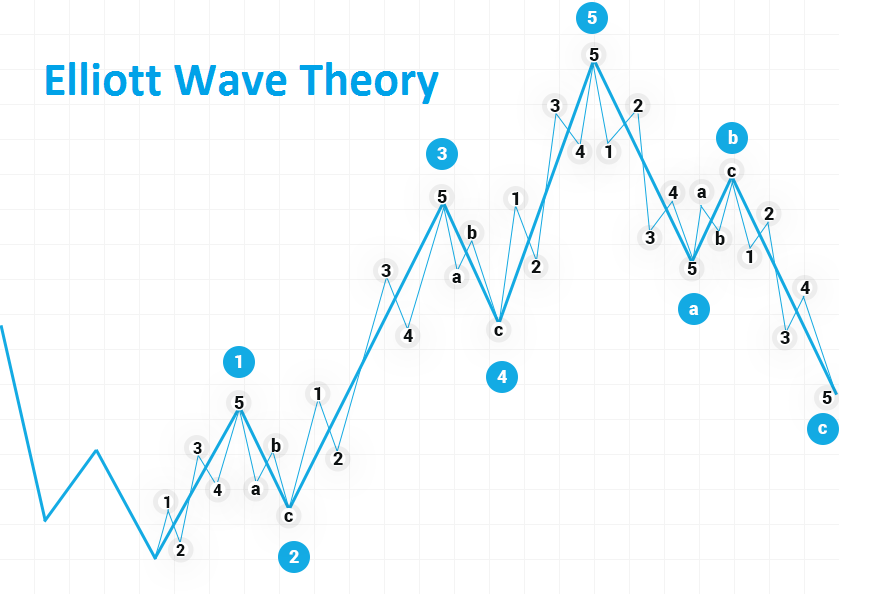The Currency Market
The Currency Market
The Forex market (also known as the Forex market) is a one-stop-shop where different participants operating in different jurisdictions around the world can buy and sell different currencies. This market plays a very central role in the management of international trade and the financial sector and serves companies and individuals by allowing them to buy and sell goods and services in foreign exchange and a smooth flow of capital. Currency markets operate 24 hours a day and have major participants in the form of large international banks, corporations, government agencies, retail participants, etc. Market participants enter the currency markets for a different purpose and together they make the market more liquid and efficient in the process. By operating 24 hours a day, the foreign exchange market offers the international banking system a greater opportunity to manage the current account and the capital account. Transactions, and as such, these markets are the driving force behind vibrant global economies. It is important to note here that the forex market is not a single market, but rather a network of global markets that do not operate simultaneously and in different time zones, starting with the Japanese markets, followed by Hong Kong, Singapore, India, the East. (Bahrain). , Europe, United Kingdom, United States, Canada and ends in Australia.
Pros and Cons of the Forex Market.
Flexibility
Currency markets offer traders great flexibility. This is because there is no limit to the amount of money that can be used to trade. Furthermore, there is hardly any market regulation. This, combined with the fact that the market operates 24 hours a day, creates a very flexible scenario for traders. People with regular jobs can also enjoy currency trading on weekends or at night. However, they cannot do the same when trading in the stock or bond markets or in their own country! For this reason, forex trading is the preferred trade for part-time traders because it offers flexible hours with the least disruption to your full-time job. Transparency: The forex market is huge and operates in multiple time zones! Even so, information about the currency markets is available. Furthermore, no single country or central bank has the ability to monopolize the market on its own or to set prices for long periods of time. Some companies may experience short-term benefits due to the delay in sharing information. However, this advantage cannot be sustained over time. The size of the forex market also makes it fair and efficient!
Trading Options
Currency markets offer traders a wide variety of trading options. Traders can trade hundreds of currency pairs. You also have the option of conducting a cash transaction or entering into a future agreement. Futures contracts are also available in different sizes and with different terms to meet the needs of currency traders. Therefore, the forex market offers an option for every budget and investor with a different risk appetite. Also, it should be noted that currency markets have massive trading volumes. There are more transactions in the forex market than anywhere else in the world. For this reason, Forex offers its traders unmatched liquidity that they can enter and exit the market in seconds, whenever they want!
Transaction Costs
The forex market offers a low transaction cost environment compared to other markets. Compared in percentage points, the transaction costs of foreign exchange operations are extremely low compared to operations in other markets. This is mainly due to the fact that the forex market is mainly run by traders offering a bidirectional quote after reserving a margin to hedge risks. Pure Play Brokerage is very low on the forex markets.
Disadvantages of the Forex Market
Counterparty Risks
The currency market is an international market. Therefore, the regulation of the exchange market is a difficult issue since it affects the sovereignty of the currencies of many countries. This creates a scenario where the forex market is largely unregulated. Therefore, there is no central exchange that guarantees risk-free execution of transactions. Therefore, when carrying out their activities, investors or traders should also be aware of the risk of default to which they are exposed; H. the risk that the counterparty does not have the intention or the ability to settle the contracts. Therefore, foreign exchange transactions include a careful assessment of counterparty risks and the creation of plans to mitigate them.
Leverage Risks
Currency markets offer the maximum leverage. The word leverage automatically implies risk and a debt ratio of 20 to 30 times means a lot of risks. Since movements in the Forex market are unlimited every day, it is possible for a person to lose their entire investment in a matter of minutes when placing bets with high leverage. New investors are more likely to make these mistakes because they don't understand the risk of leverage!
Operational Risks
Currency trading is difficult to manage operationally. This is because the forex market is working all the time when people are not! Therefore, traders must resort to algorithms to protect the value of their investments when they are not present. Alternatively, multinational companies have business offices around the world. However, this is only possible if the trade is carried out on a large scale read more.


Comments
Post a Comment